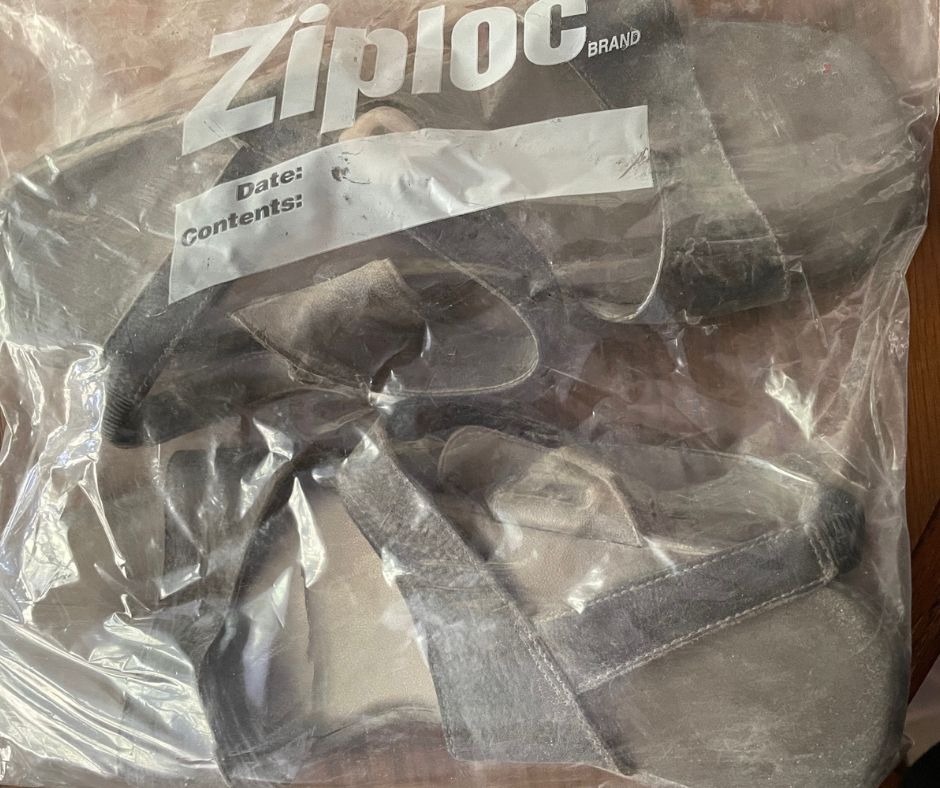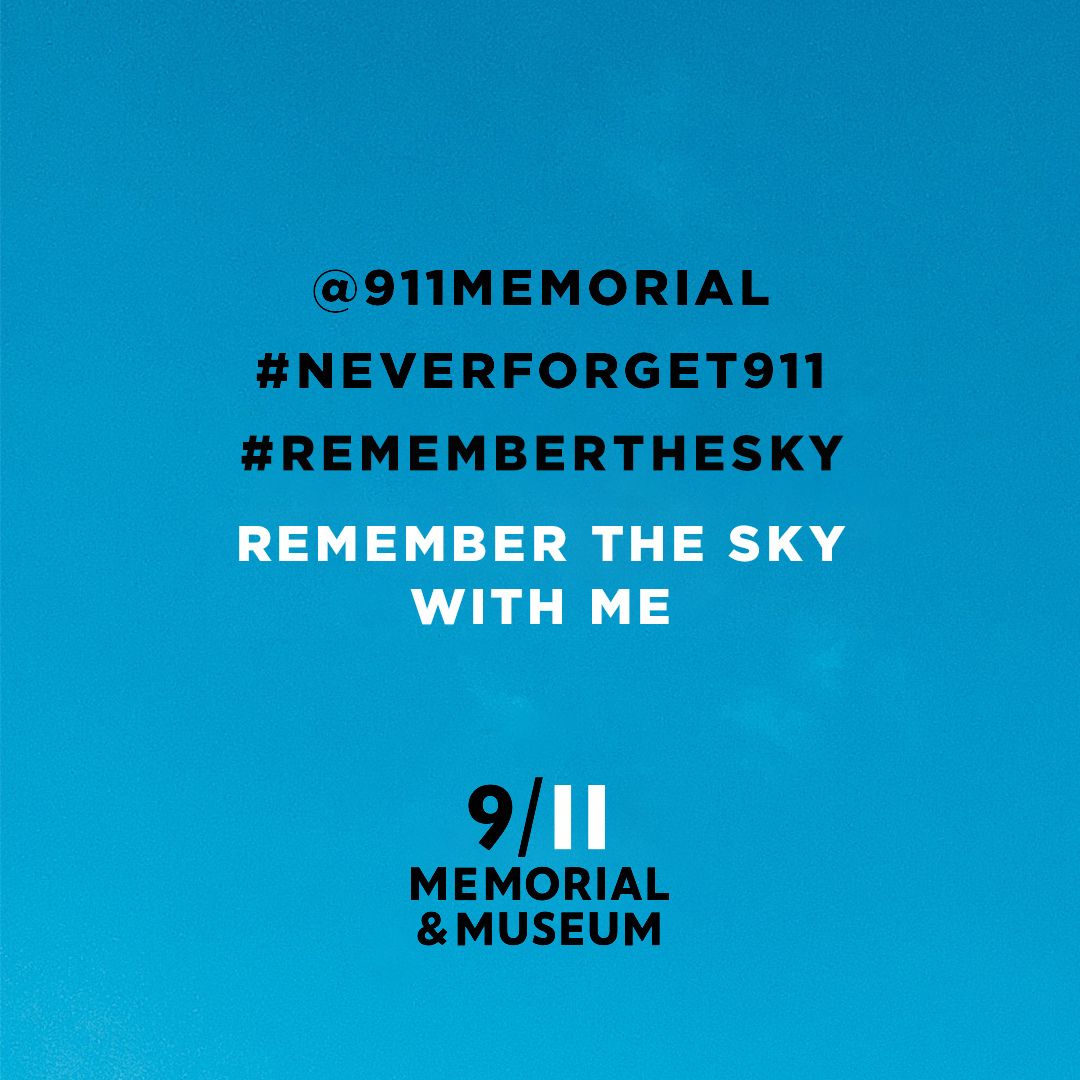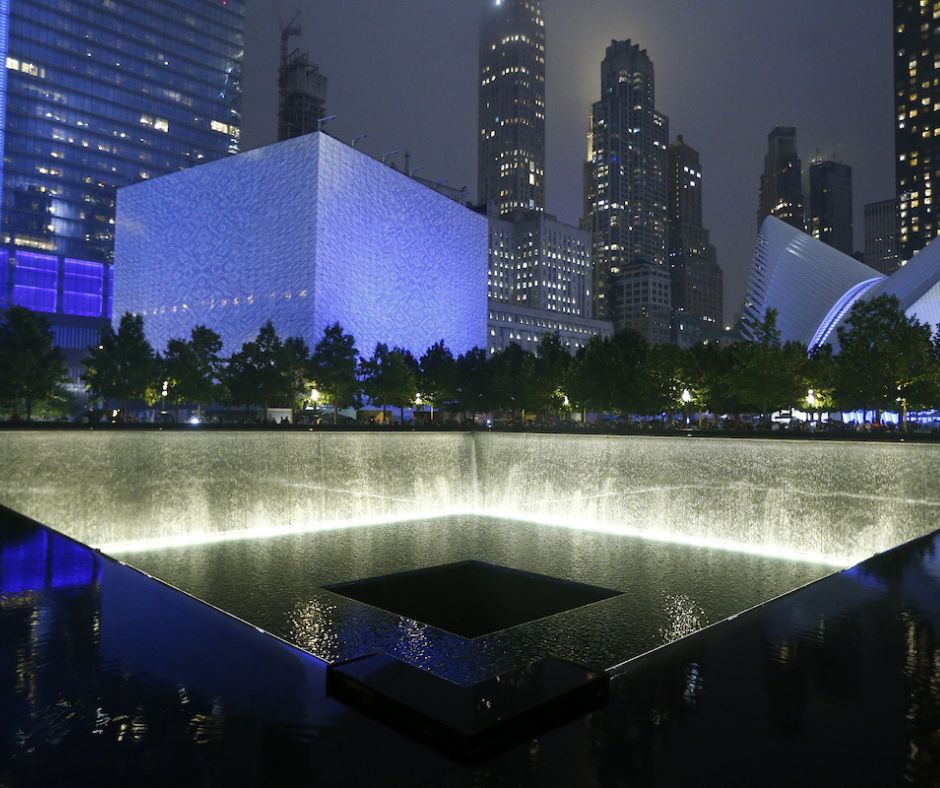Make a donation to the museum
Rescue & Recovery: In Their Own Voices With Dr. Kerry Kelly
Rescue & Recovery: In Their Own Voices With Dr. Kerry Kelly
- September 27, 2022
On 9/11 and for more than two decades after the attacks, Dr. Kerry Kelly served as the FDNY's Chief Medical Officer, overseeing a staff of physicians, nurses, and civilians. Earlier this year, we welcomed her to our Board of Trustees. In this month's installment of our ongoing Q&A series "In Their Own Voices," Kelly shares the unique perspectives her role afforded her.
Where were you on 9/11?
I was in Staten Island Hospital making rounds on my patients. I received a notification from the FDNY that a plane had hit the World Trade Center. At the same time, I looked up at a patient's TV and saw smoke coming out one of the Towers. As Chief Medical Officer of the FDNY, I knew I had to get there because our members would be responding and might need medical assistance. My patient said, "My son is a firefighter, he might be there." I told him that's where I was going and that his son would be okay. And I found out later he was.

Kelly is in the process of donating the sandals she wore on 9/11— pictured here in protective plastic bag — to the Museum.
What role did you play in the rescue, recovery, and relief efforts?
I responded to the site to provide medical assistance to FDNY members as needed. One company flagged me down to help with a severely injured member who had been hit by falling debris from the South Tower. We got him in an ambulance to go to the hospital. Shortly after that the South Tower fell. With the help of other fire department members, we were able to get people to the Hudson River, where police boats were taking injured people to New Jersey.
When the North Tower came down the visibility worsened. I met up with my colleague Dr. [David] Prezant at Bowling Green and then headed up Broadway to set up a medical triage center near City Hall. Our efforts continued from that day on, trying to establish who had died, searching for FDNY members in the hospital, and trying to ensure the workforce had adequate protection and address the health consequences of the exposures of that day and in the days that followed. The establishment of the FDNY WTC Health Program began that day in the ashes, and the program continues as we pledged to never forget.
Can you describe the bond between yourself and other recovery workers?
I feel a very tangible bond with those who worked at that site. I am a third generation FDNY member who had 20 years of service at the time of 9/11. First responders place their lives on the line each time they answer a call. We mourned as a family those we lost that day, with the rescue and recovery efforts continuing for many months. That bond continues to this day in my work with the cancer care arm of the FDNY WTC Health Program.
What does May 30 mean to you?
On one level, this day marks the closure of the site where so many perished. But like any battleground, it still holds the memories of that fateful day, of those we lost, and of those heroic first responders who worked for months in rescue and recovery. It represents what evil can destroy and also what good faith can restore.
Do you have any health issues connected to your time at Ground Zero?
Yes, I am under treatment and get yearly monitoring with the FDNY WTC Health Program.
Why is it important to share your story and stories of others with the next generation?
This was an attack on a civilian population in the United States, with an unprecedented loss of life. Our sense of security was shattered. This is a story of overwhelming anguish and grief balanced by a spirit of resourcefulness to find those buried in the rubble, to remember who they were as individuals. The resolve to never forget remains. New York City came together with a spirit of community that was heartening. The 9/11 Memorial & Museum are critical in reminding us of the events of that day, an ordinary day in September that is an unforgettable memory for so many. Each generation should hear these stories.
Anything else you would like to add?
The story of 9/11 hasn't ended. It continues with the health issues that still affect those survivors and first responders subject to the toxic chemical mix at the WTC site. The stories of these individuals must be heard.
Compiled by Caitlyn Best, Government and Community Affairs Coordinator
Previous Post
Plan an Anniversary Commemoration

As we head into the 21st anniversary weekend, explore ideas for commemorating in whatever way works best for you. Help us fulfill our collective promise to never forget.
Next Post
21st Anniversary Commemoration Highlights

Highlights from the 21st anniversary commemoration remind us that from New York City to Japan, people across the country and around the world come together to help preserve the legacy of September 11 and ensure that we never forget.